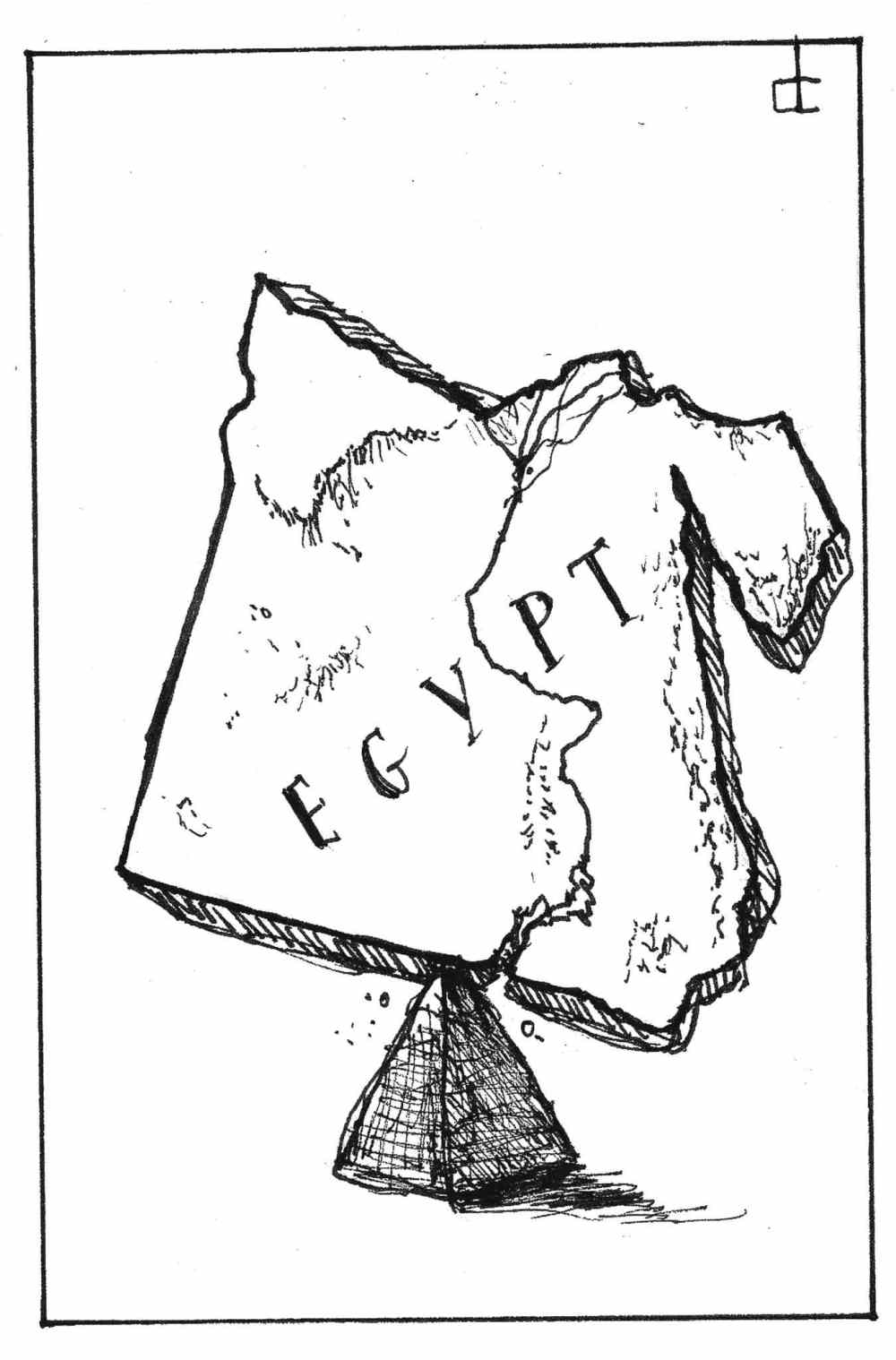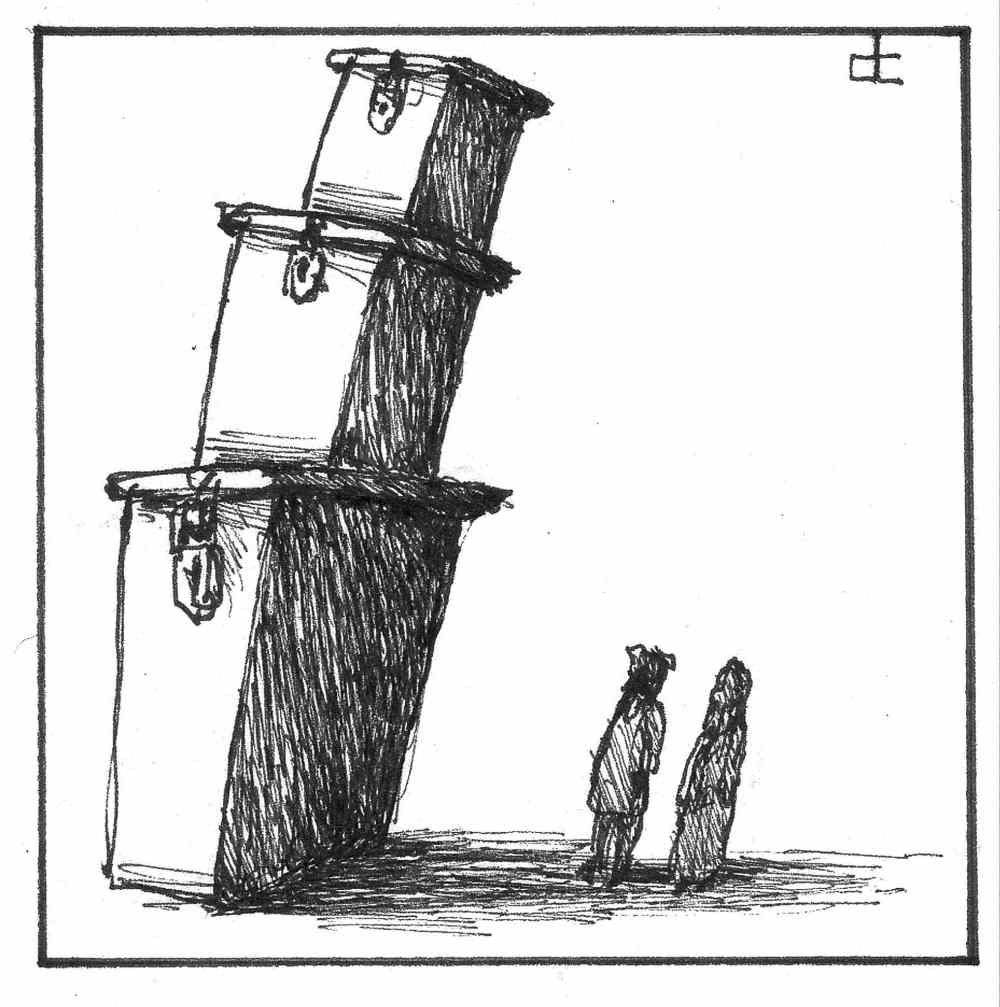Common threads of unrest
Advertisement
Read this article for free:
or
Already have an account? Log in here »
To continue reading, please subscribe:
Monthly Digital Subscription
$1 per week for 24 weeks*
- Enjoy unlimited reading on winnipegfreepress.com
- Read the E-Edition, our digital replica newspaper
- Access News Break, our award-winning app
- Play interactive puzzles
*Billed as $4.00 plus GST every four weeks. After 24 weeks, price increases to the regular rate of $19.95 plus GST every four weeks. Offer available to new and qualified returning subscribers only. Cancel any time.
Monthly Digital Subscription
$4.99/week*
- Enjoy unlimited reading on winnipegfreepress.com
- Read the E-Edition, our digital replica newspaper
- Access News Break, our award-winning app
- Play interactive puzzles
*Billed as $19.95 plus GST every four weeks. Cancel any time.
To continue reading, please subscribe:
Add Free Press access to your Brandon Sun subscription for only an additional
$1 for the first 4 weeks*
*Your next subscription payment will increase by $1.00 and you will be charged $16.99 plus GST for four weeks. After four weeks, your payment will increase to $23.99 plus GST every four weeks.
Read unlimited articles for free today:
or
Already have an account? Log in here »
Hey there, time traveller!
This article was published 01/03/2014 (4365 days ago), so information in it may no longer be current.
Violent protests in Venezuela began over the rape of a university student in the violence-plagued country. In Ukraine, it was the rejection of a trade deal with the European Union that drove people into the streets. In Syria and Tunisia, anger erupted after two men set themselves on fire to protest government policies. Tunisia’s government collapsed, but Syria has been locked in civil war ever since troops fired on protesters demanding reforms.
In these and other recent examples of national upheaval, however, the real causes were not based on a revolutionary quest for democracy or even the overthrow of despots who ruled some of these countries for decades with barely a whimper of dissent.
Each of these uprisings is unique, but there are common threads.

Many Ukrainians were upset with their government’s decision to turn east rather than west, but their anger was fuelled by widespread unhappiness with the country’s state of affairs. The economy is a shambles, corruption and cronyism are everywhere, unemployment is rising, the country is deep in debt.
Similar issues were behind the uprisings in Syria, Tunisia, Egypt and Venezuela. Suppression of free speech was cited as a grievance in some countries, but the basic motivation was bread and butter.
In Syria, for example, a series of droughts had driven farm families into urban slums, while the economy could not provide enough jobs for a rapidly growing population. Incidentally, crop failures were more significant in causing the French Revolution than liberty or equality.
If working conditions and wages in Egypt had been better, Hosni Mubarak might still be president. It seems doubtful Syria’s Bashar Assad would be fighting for his life if crops and jobs were plentiful and the middle class content.
The other similarity in the recent conflicts is the absence of a champion, or even a clear goal, other than the expression of deep discontent and disaffection.
A charismatic leader has not emerged from the Ukrainian protests; nor has one appeared in Egypt, Syria or Venezuela. The Muslim Brotherhood had some electoral success in Egypt, but it was hardly a party of national unity, and it was quickly overthrown by the military, which remains firmly in control.
In all cases, the protesters demand change, but they have no real program for reform.
There is a lesson here for dictators and lukewarm and cynical democrats such as Russian President Vladimir Putin, who is said to be concerned that events in Ukraine could inspire similar disruptions in his ethnically mixed country, where pockets of discontent are boiling beneath the surface.
Mr. Putin and others like him, however, should consider why civil unrest is a threat to dictatorships but not to democracies.

Many European countries, for example, experienced intense demonstrations, some of them violent, over the need to curtail social programs and other entitlements following the debt crisis in 2009.
The worst violence was in Greece, where protests and riots are still common, but the country is holding together.
Democracies survive severe challenges when they have strong institutions and are responsive to the demands of their people. Free societies also recognize the value of social capital, which the World Bank defines as “the institutions, relationships and norms that shape the quality and quantity of a society’s social interactions.”
“Social cohesion,” it says, “is critical for societies to prosper economically and for development to be sustainable. Social capital is not just the sum of the institutions which underpin a society — it is the glue that holds them together.”
Ukraine should thrive if left to manage its affairs with help from its neighbours.
Unfortunately, the same cannot be said of countries such as Venezuela, where all the oil wealth in the world is not enough to buy social harmony and a civil ethic.


